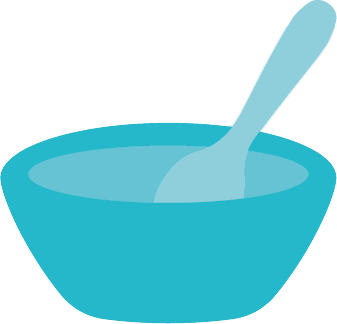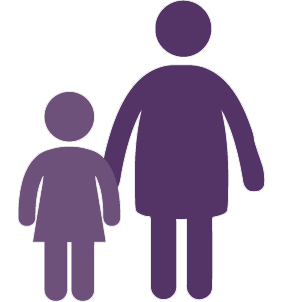To date, we have supported over 512,000 women facing poverty, providing loan capital and training so they can build small businesses. As a result, more than 2.1 million children have increased access to nutritious food, healthcare and education.
Our vision is a world where all those living in poverty have the opportunity to build better lives for themselves and their families.
Our mission is to provide the poorest women in sub-Saharan Africa with the tools and skills to enable them to work their own way out of poverty.
As women flourish as entrepreneurs, their businesses help communities to prosper economically and socially. In countries where women and girls are often marginalised, MicroLoan witness the creation of thriving market centres when women come together to work. Be they grocery store owners, hairdressers or farmers, many women go on to hire employees as their businesses grow. This opens opportunities for other community members to find regular employment to support their own families.
We are committed to agency, autonomy, financial empowerment and equality for women.

of Microloan clients were saving in 2024

of families have food security compared to 87% before joining MicroLoan

of women have one or more paid employees

of clients have increased access to healthcare after joining Microloan

Women report a average increase in business profits after joining MicroLoan

of clients in Malawi are able to send all of their female children to school compared to 61% before
MicroLoan’s social mission is to alleviate poverty and we measure our impact carefully. Social Performance Management is a range of processes and activities used to ensure we are achieving our aim of helping the poorest women to transform their lives. Our Social Performance Management model is often cited as an example of best practice and was recognised by TrueLift, a global initiative striving for accountability and learning in pro-poor programmes.
Poverty is extremely complex, and it is crucial that we understand and measure poverty from a long-term perspective. MicroLoan collects data using the Poverty Probability Index®, an innovative measurement tool that determines the likelihood of a household living below the poverty line. To assess the impact of our work, we capture data about how often families eat, the number of children at school, improvements to their living conditions and other relevant indicators. We have been collecting Poverty Probability Data since 2012 which helps us to assess if we are reaching the poorest segment of the population and if their poverty status is improving over time. To date 52% of the new clients recruited were living below $1.25 per day poverty line and 83% below $2.50 per day poverty line.
After 1 year over 17% of our clients are moving out of extreme poverty (i.e. not living below US 1.25 per day poverty line anymore). This is a significant achievement given that these client will have lived in poverty for generations.
Moving out of poverty takes time and is a long-term goal for our clients. Before reaching this crucial milestone, MicroLoan is able to measure and report on a range of positive changes for women who build their own businesses and increase their household income. Even before we see a change in poverty status, our data shows that clients and their families experience a range of improvements in their well-being and life.
The United Nations Sustainable Development Goals are the blueprint for achieving a better and more sustainable future for all. Our work contributes directly to the goals No Poverty, Zero Hunger and Gender Equality. The impact of our work also addresses the goals on Quality Education, Decent Work and Economic Growth, Climate Action, Life on Land and Partnerships for the Goals.
